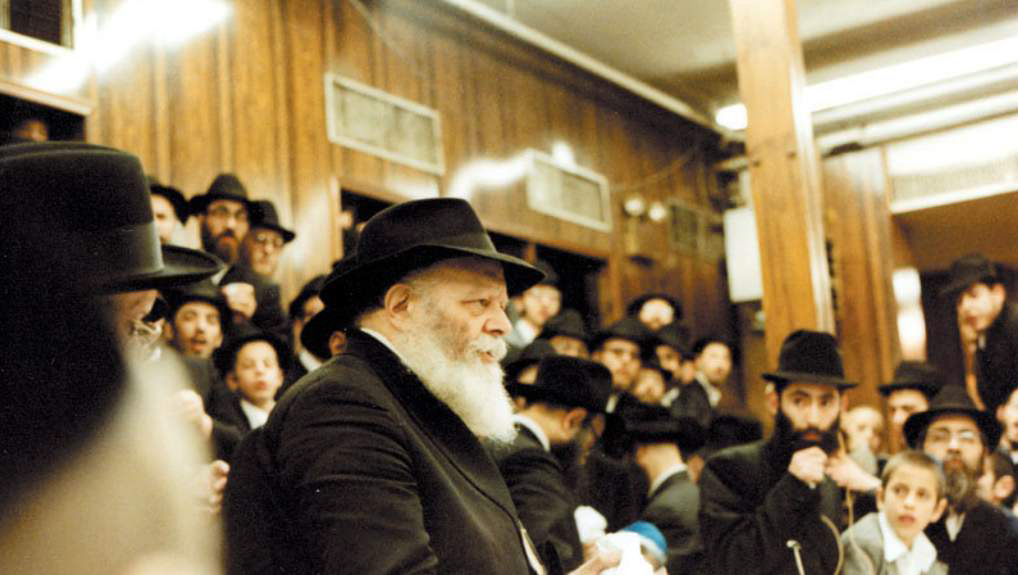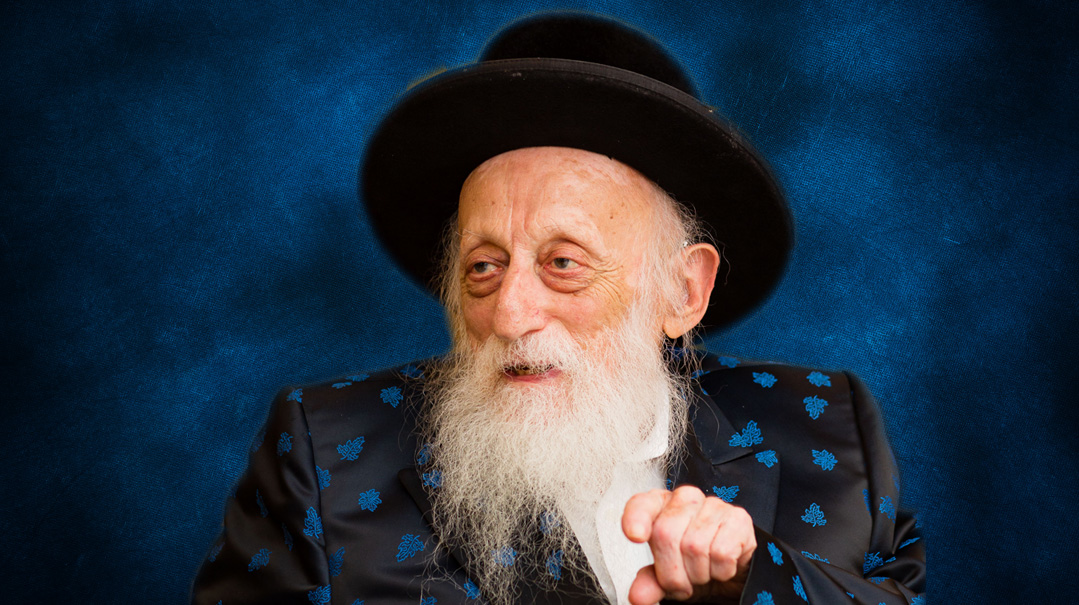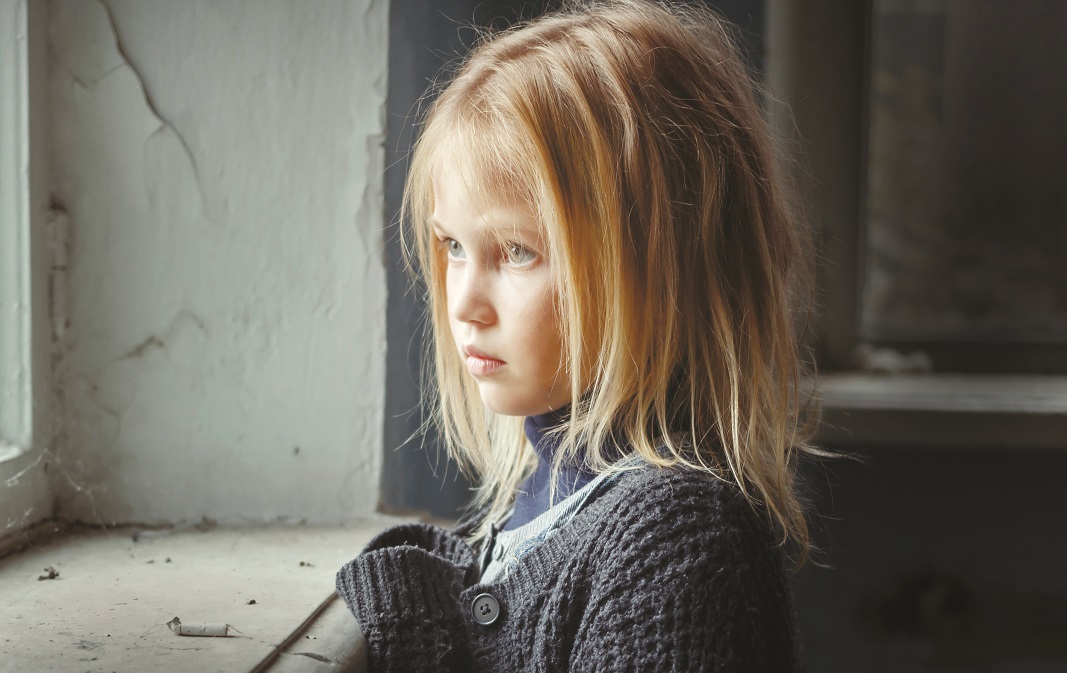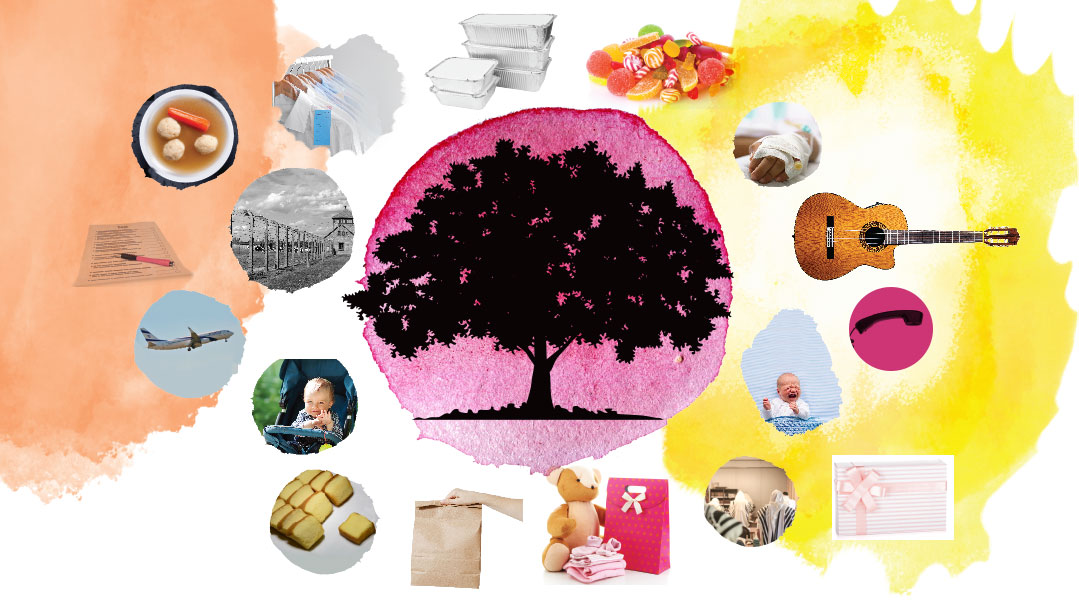Tishah B’Av Tears



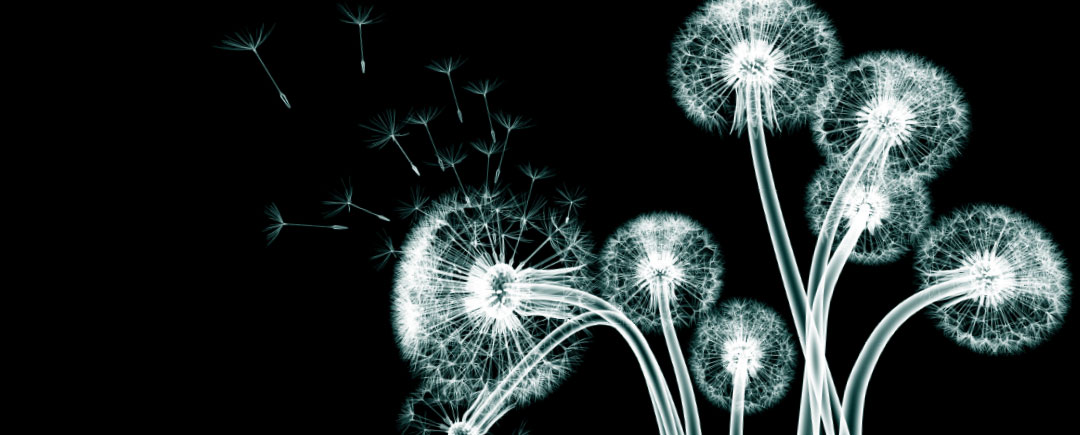
It’s the agony of crackling flames consuming the building that gave us access to Heaven
It’s the terror of mothers hearing the screams of bloodthirsty mobs coming ever closer
It’s the last breath of six million lives snuffed out a third of our Nation decimated
It’s a tiny life vanished before it emerged
It’s a devoted husband cut down in his prime
It’s estranged children and ill parents disconnection and dispassion
The tears of Tishah B’Av contain every pain
They can also contain the seeds of our redemption
A series of three stories for the worst of days
BIRTH PANGS
Tehila Sothner
Mindy and Caren were chatting in the hallway by the office exit. I’d have to walk past them to leave. As I approached both of them greeted me.
“So how’s married life treating you?” Mindy asked.
I gave a bright smile. “Great thanks.”
“Awesome!” Caren was the more boisterous of the pair. “Glad to hear it! Just wait things will get a lot busier for you. Before you know it you’ll be having babies!”
“Everything changes then. Enjoy the honeymoon phase while it lasts” Mindy said. I knew she had several kids of her own. “How long have you been married now?”
“Three months” I said.
“Wow three months!” Mindy exclaimed. “Time sure flies. You had such a beautiful wedding.”
“Hey Mindy” Caren said “I bet you she’ll have a baby before the end of the first year.”
“Yeah maybe she’s pregnant now — she totally wouldn’t tell us if she was so who knows?”
I smiled at them. I was silent. But inside was a small still voice screaming screaming.
This is what I would have said to them if embarrassment — shyness — cultural norms — politeness — or something —didn’t hold back my words.
You never know what someone else is going through so don’t make assumptions.
I’m not upset at you I’m not hurt by your words I know you mean no harm but you touch on a sore spot in my heart and I cannot cry here not now.
Yes I’m pregnant.
But in three days I will not be pregnant any longer.
My baby is dead.
Oops! We could not locate your form.
